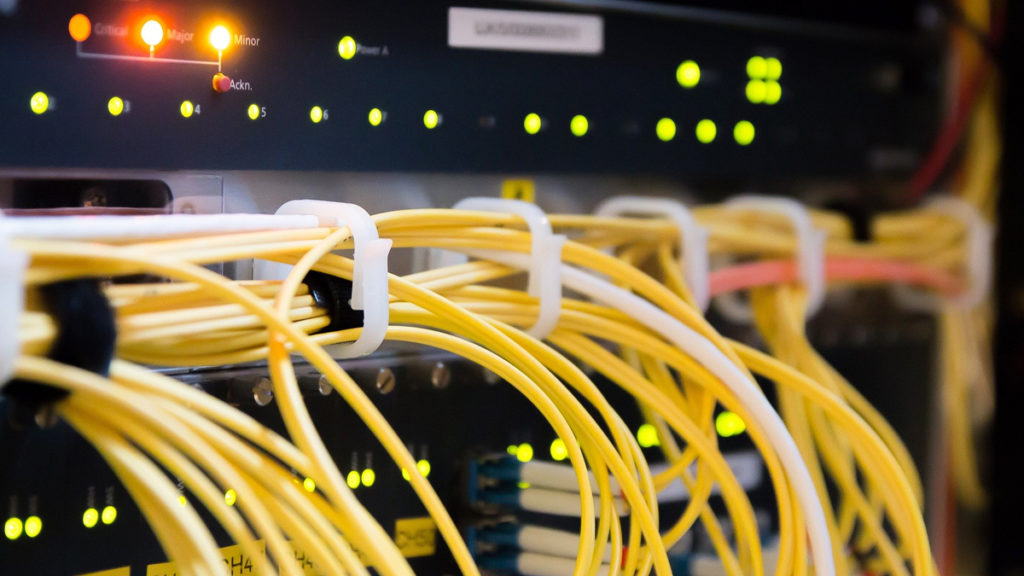- Joined
- May 6, 2019
- Messages
- 12,595
- Points
- 113
Image: jarmoluk (Pixabay)
Americans have plenty to gloat about when it comes to technology, but other countries are putting our internet services to shame.
That would include Japan, whose Nippon Telegraph and Telephone corporations (NTT East, NTT West) have just announced a 10 Gbps upgrade for its “FLET’S Hikari” optical broadband service. It costs only $55 a month.
Image: NTT West
That’s an incredible deal compared to what America’s most popular ISPs are charging: AT&T ($70/mo. for 1 Gbps), Comcast Xfinity ($299.95/mo. for 2 Gbps), Cox ($99.99/mo. for 940 Mbps), Spectrum ($109.99/mo. for 940 Mbps), and Verizon ($79.99/mo. for 940 Mbps).
In its news release, NTT defended the need for these ludicrous...
Continue reading...
